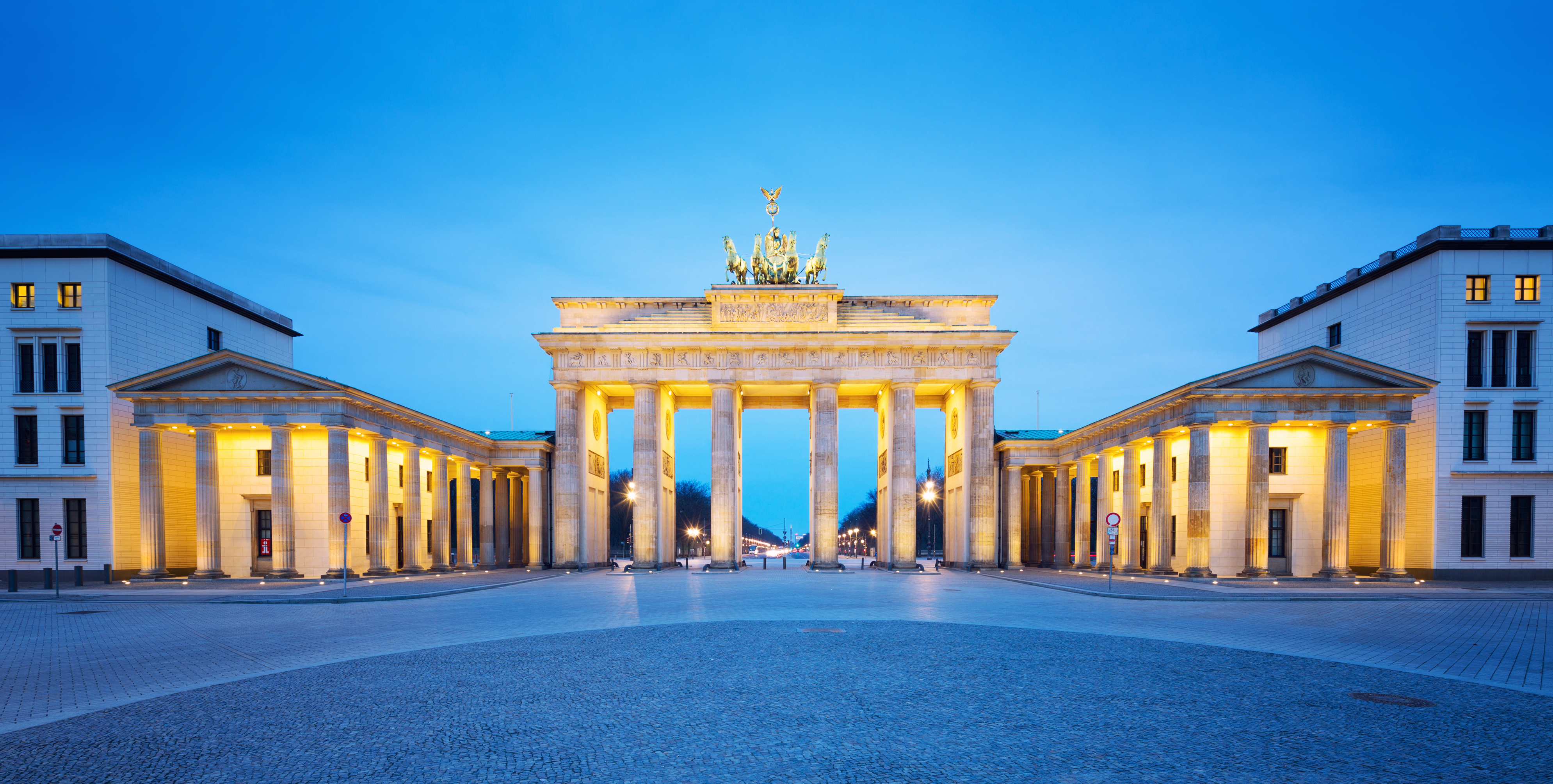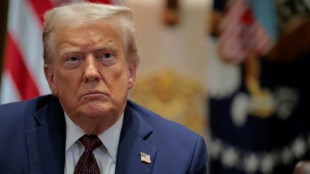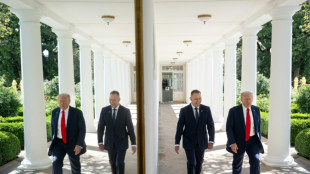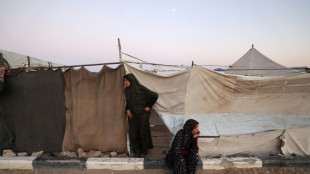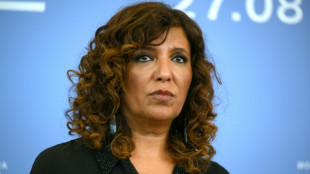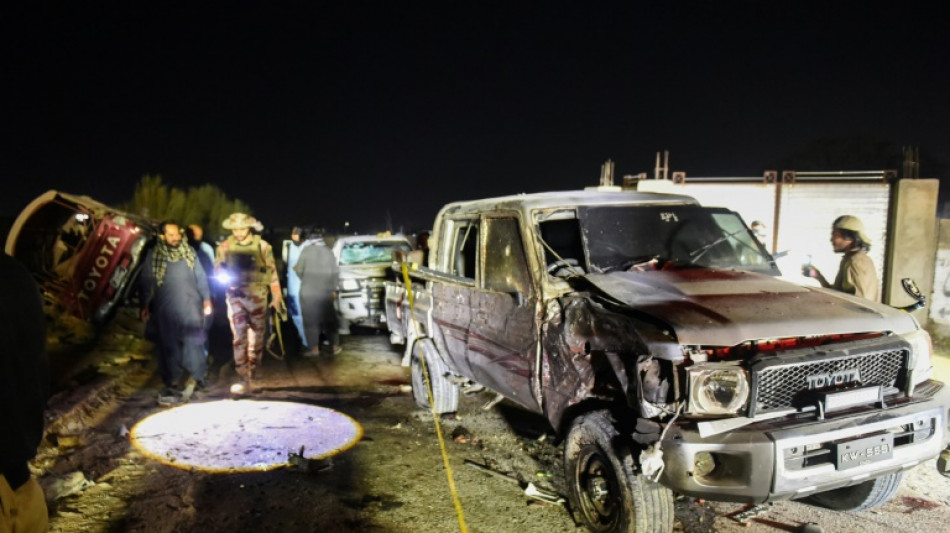

Islamic State claims deadly attack on Pakistan rally
The Islamic State group claimed responsibility Wednesday for a suicide bombing that authorities said killed 15 people and wounded dozens more at a political rally in southwestern Pakistan.
The claim for Tuesday's attack in Quetta, capital of restive Balochistan province, was made through the group's propaganda arm.
Balochistan interior minister Hamza Shafqat gave an updated death toll of 15.
Dozens were also wounded in the attack by a suicide bomber with eight kilograms (17.5 pounds) of explosives in a stadium parking lot in Quetta, where hundreds of members of the Balochistan National Party (BNP) had gathered, Shafqat said.
Balochistan, a province on the border with Iran and Afghanistan, is regularly the scene of violence, often carried out by jihadists from the regional branch of the Islamic State, or Baloch separatists.
Balochistan is Pakistan's largest and most resource-rich province, but also its poorest, with roughly 70 percent of the population living below the poverty line.
Baloch separatists claim to be fighting to end discrimination against the Baloch people on their land.
Pakistani forces have been battling an insurgency in the province for more than a decade. In 2024 the region saw a sharp rise in violence, with 782 people killed, according to the Center for Research and Security Studies in Islamabad.
While Islamic State jihadists consider political parties and state institutions to be heretical, they rarely attack Baloch activists.
But on Tuesday evening in the Quetta stadium parking lot as BNP rally participants were dispersing, a suicide bomber detonated explosives.
IS published a photo of the alleged attacker, his face hidden by a scarf.
BNP leader Akhtar Mengal, who at the time of the attack was leaving the rally after delivering a speech, posted on X that he was "safe, but deeply heartbroken at the loss of our workers."
The BNP campaigns on a platform calling for greater rights and economic investment in the wellbeing of members of the Baloch ethnicity.
Since 2014, China has invested significantly in building a road-and-infrastructure project in Balochistan linked to its One Belt One Road initiative.
Many Baloch, however, say the benefits have been reaped only by outsiders.
Since January 1, according to AFP figures, more than 430 people, mostly members of the security forces, have been killed in violence carried out by armed groups fighting the state in Balochistan and neighboring Khyber Pakhtunkhwa.
Elsewhere in Balochistan on Tuesday, five paramilitary personnel were killed and four wounded when a homemade bomb exploded as their convoy passed through a district near the Iranian border, a senior local official told AFP.
In March, Baloch Liberation Army separatists carried out a spectacular hostage-taking of some 350 people on a train there. Authorities said at least 31 people were killed.
O.Beyer--BVZ
